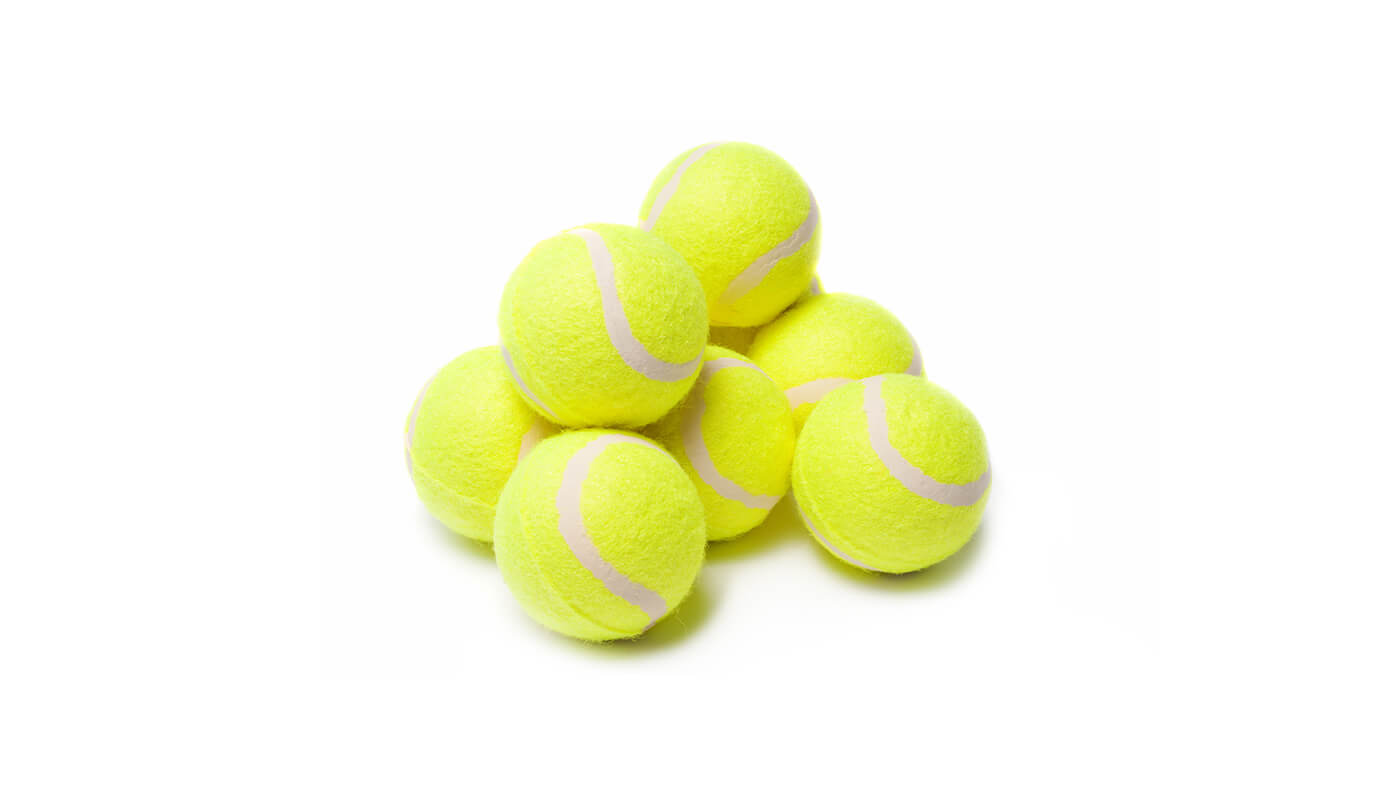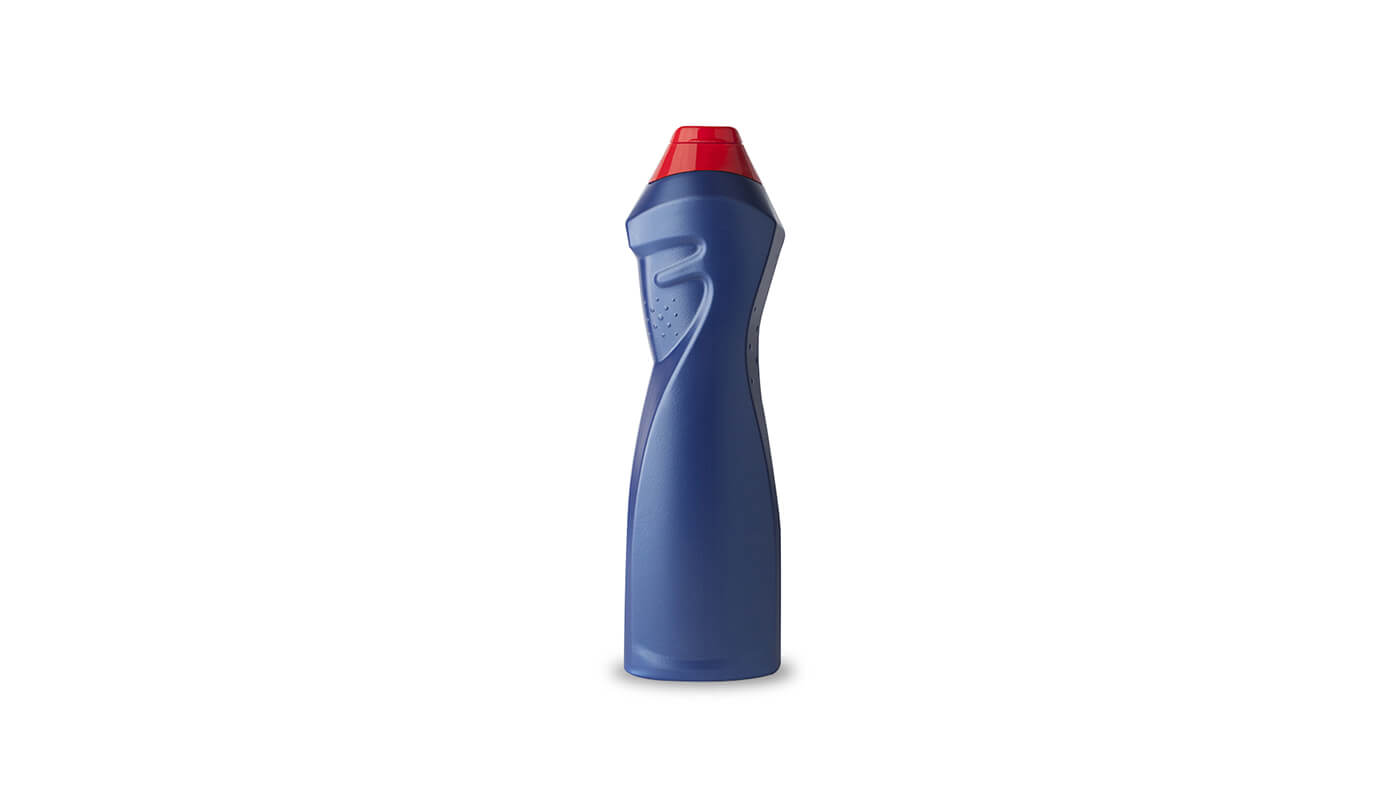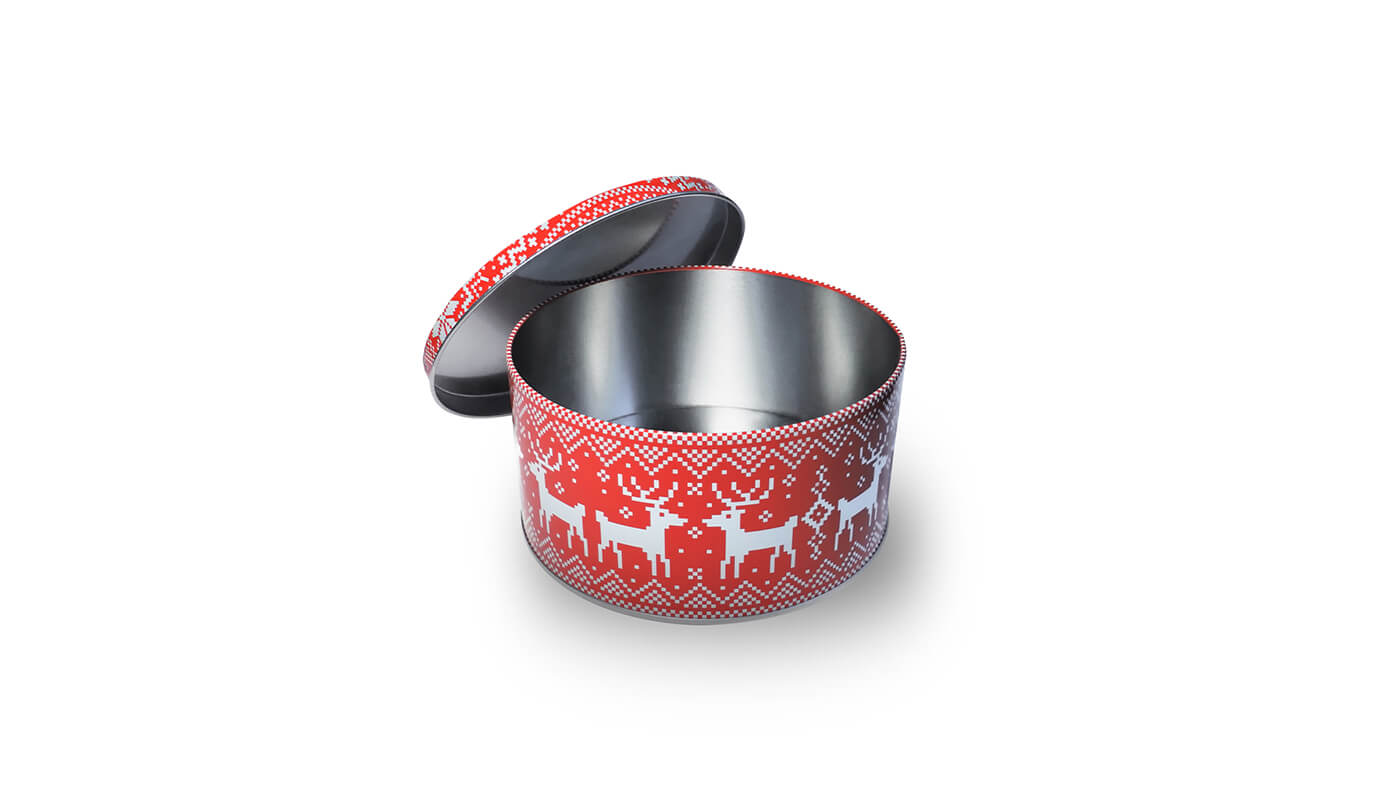We imagine the following scenario sounds familiar:
You go to a local deli to buy your lunch and buy a sandwich and salad to take away. The salad box looks like plastic, but the staff tell you it’s made from compostable materials.
That’s great, right? If it isn’t made from plastic, it must surely be environmentally friendly? So, you have your lunch, but then what? Should you throw the box into the recycling? Or perhaps it belongs in the food waste recycling bin…? Throwing it in with the recycling or into the food waste bin would seem like the obvious thing to do, but actually, it shouldn’t go into either.
Companies today are more socially responsible and conscious of their environmental footprint than ever before. It’s exciting and heartening to see companies taking more responsibility for their actions, but it can also backfire and cause more problems, such as putting products out there that can’t be recycled easily, confusing customers at best, and misleading them at worst.
So compostable and biodegradable – do they mean the same thing? Although they are often used interchangeably, they actually mean slightly different things.
What does biodegradable mean?
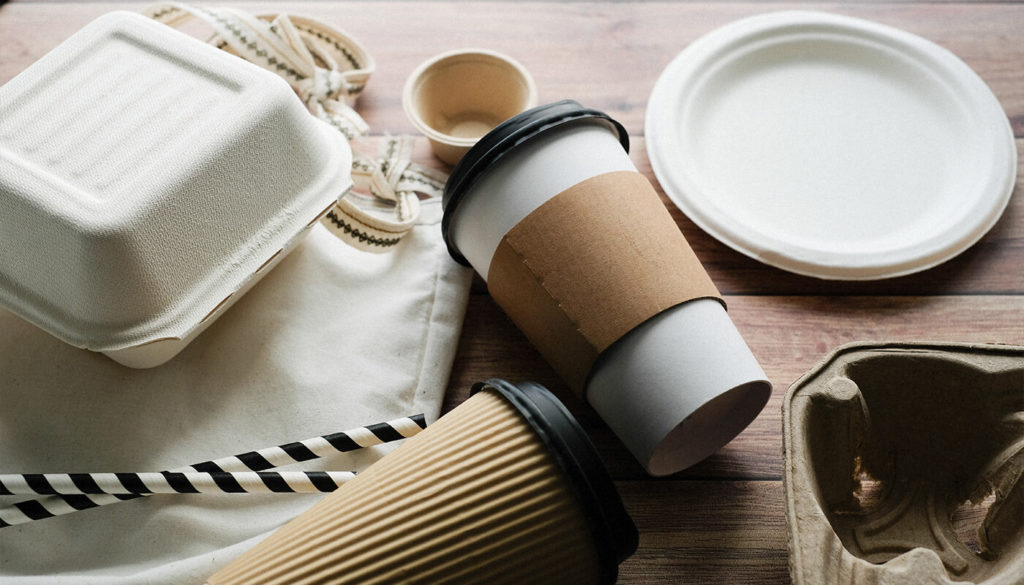
Biodegradable means that a product can break down within the environment with the help of bacteria and other living organisms. However, most things will biodegrade eventually, and some things that do break down in the environment, will do it harm. For example, some plastic bags can biodegrade into tiny pieces in around 20 years, but these microplastics are harmful to the environment. Plastics which break down in natural environments can also affect ecosystems and be eaten by animals. We’re sure you’ve seen loads of photos of dead birds and sea creatures with bellies full of plastic.
The term ‘biodegradable’ is often misused and applied to a broad range of different materials. Without a specified environment and time frame, the term is very vague, because a biodegradable product may biodegrade in some environments and not in others. Likewise, a coffee cup that takes 30 years to break down and an apple which takes 1 month, could both be described as biodegradable.
If plastic is biodegradable, it can’t be recycled and you shouldn’t throw it in your recycling bin at home or at work. Even though it looks the same as a ‘normal’ plastic, the chemical composition is different, and it can’t be processed using the same technology. Don’t put it in your food waste recycling bin either, or your compost heap if you have one, as biodegradable products only break down under intense heat.
What to do then? Well, lots of cafes or workplace canteens that use biodegradable products will have special collection bins for these, so throw them in there. If you don’t have access to this sort of collection, throw it in your rubbish bin.
What does compostable mean?
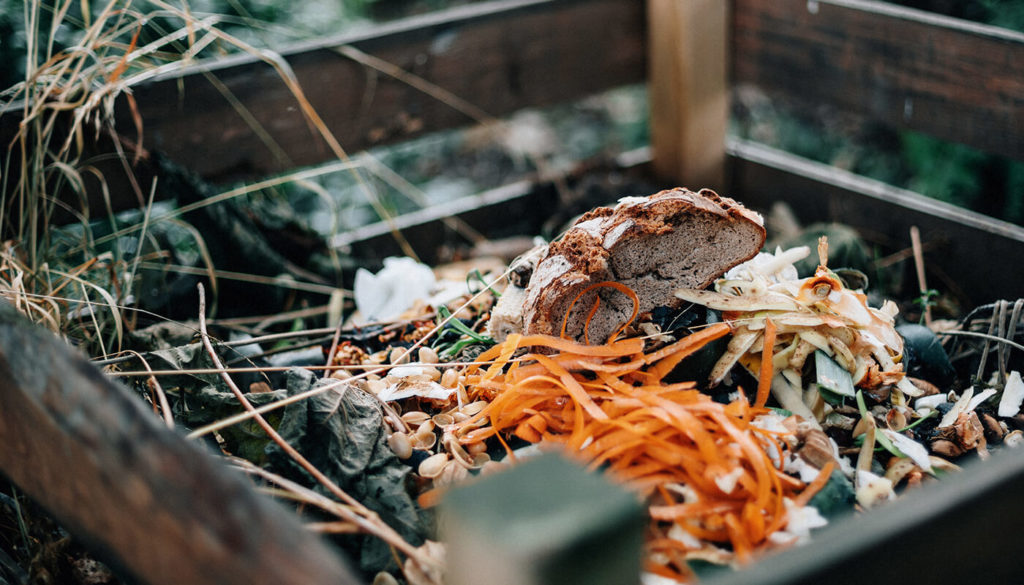
If something is compostable, it means it’s made from materials which will break down completely into non-toxic components that won’t harm the environment, given the right conditions. If a product is labelled ‘compostable’, this means it can be composted industrially, and if it’s labelled ‘home compostable’ it means you can throw it into your home compost heap (but not into your food waste recycling bin!)
For something to be legally labelled compostable, it has to have been certified to break down in industrial (council) composting facilities within 180 days.
Similarly to biodegradable items, you can’t recycle compostable items, so if you don’t have access to a compostables bin at work or where you bought your item from, throw it into your rubbish bin.
And finally, what does recyclable actually mean?
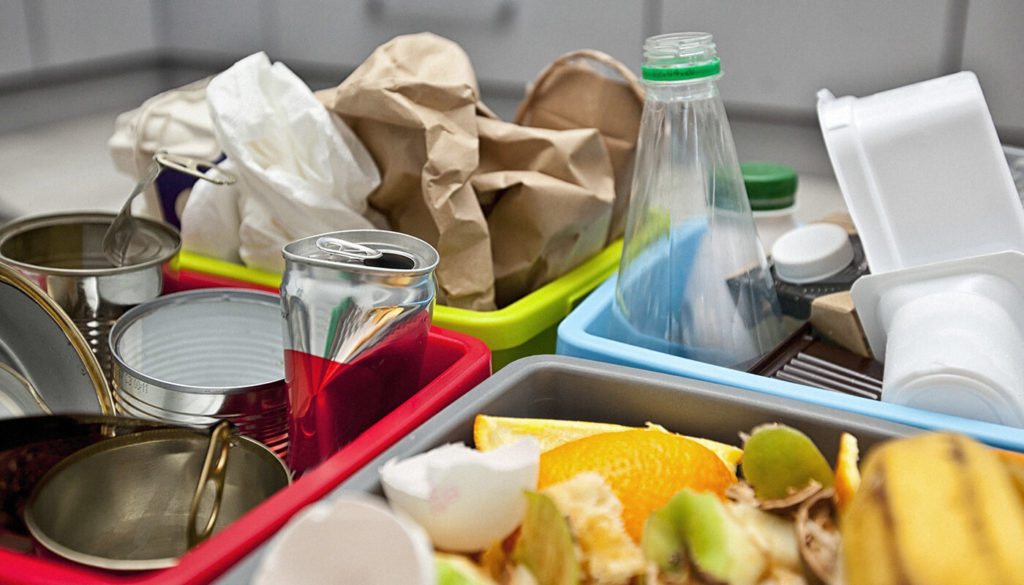
If something is recyclable, it means it can be broken down into its raw materials and repurposed so it can be used again. Aluminium, tin, and glass products can be melted down and turned into new products for example and are infinitely recyclable materials. Paper and cardboard can be recycled around 7 times and plastic can be recycled around 10 times before the component parts lose their integrity.
A-Z of recycling
You can use our A-Z search to find out if something can be recycled and how to recycle it properly.
